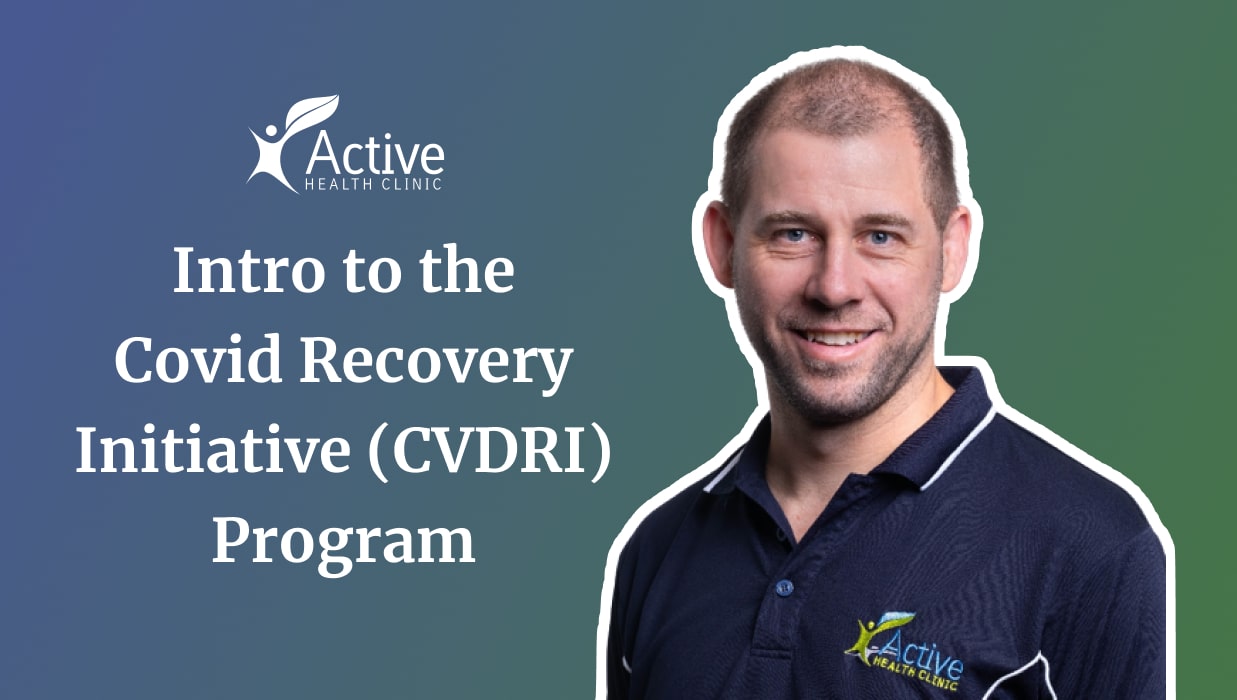Living with chronic pain or fibromyalgia can take a real toll on your body, your energy, and your daily life. Long-term progress takes care and support from people who truly understand what it’s like. Many of us at AHC live with chronic pain ourselves, so we get how heavy it can feel.
With our program, you receive a personalised plan tailored to your goals, symptoms, and desired pace.











